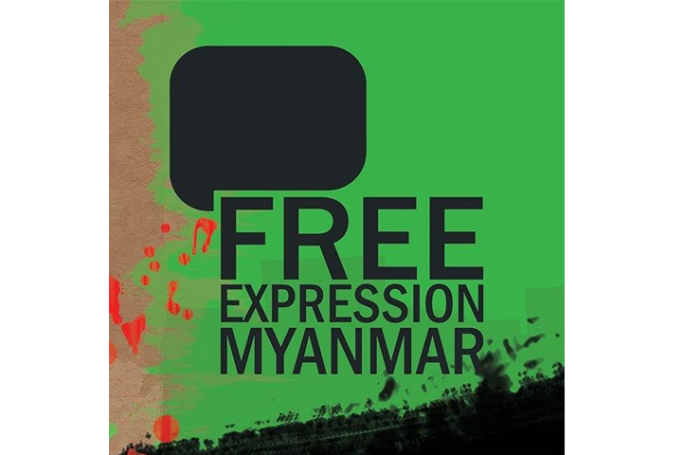May 3 is World Press Freedom Day. According to Oliver Spencer-Shrestha of Free Expression Myanmar, media freedom is even more vital during the COVID-19 pandemic but given the media is reporting so heavily on it, it might be wise for them to cover other issues as well.
In the following interview with Mizzima, Oliver Spencer-Shrestha speaks about the challenges during this crisis:
On World Press Freedom Day it is hard to avoid the elephant in the room - the coronavirus and drives by governments to shut their countries down in response. At this particular point in time, we would argue the world's media is not handling this crisis well, sensationalizing stories and failing to fully investigate not only the genesis of this virus but also how medical authorities are allegedly using flawed practices both in testing and treatment. Now is the time for good quality journalism. What is going wrong?
I don’t think FEM has a position on this. However, from my side, most of the media went in to war-mode and it has taken a long time from shifting away from just reporting numbers and praising health staff to taking up its role holding governments accountable for their decision-making.
One serious concern to come out of the way governments are responding to the pandemic is increasing censorship. This is happening in concert with the mainstream media and the social media companies who are stepping up efforts to censor material or attempting to dismiss alternative views as so-called "conspiracy theories". Facebook and Youtube appear to be the most active in removing or flagging material that does not appear to align with the official pandemic narrative. How do you view this censorship?
The traditional human rights approach to “fake” news or “hate” speech is that suppression simply pushes ideas underground, and it is far better to challenge and counter these ideas openly and authoritatively. In Myanmar the main issue is that the State still controls much of the media and people simply don’t trust the State. (Cyclone) Nargis denials are still in the public memory. If the government was really serious about tackling “fake” news about Covid, they’d turn State media into independent public service media, or sell it.
One thing is clear from the responses of governments to the pandemic is a tightening of free speech and even moves to censor or arrest individuals who come out with contrary views (e.g. against lockdown protocols). Is this pandemic scare ushering in further efforts by governments to clamp down on free speech?
Governments worldwide are using emergency measures to clamp down on human rights. Our concern is whether these clamp downs are actually temporary, or these governments are going to keep them in place afterwards. It is difficult to analyse Covid in Myanmar because we also have the election countdown at the same time, and we were already seeing a shrinking of civic space already.
These are early days for Myanmar and their pandemic response and the number of infections recorded and deaths are low. A push for lockdown, social distancing and certain hygiene practices is the accepted norm. Have you noticed any push-back from the public or efforts by the government to attempt to censor free speech about the pandemic?
The most obvious of these was the bill put forward by the government which penalised health workers for telling journalists about new health concerns. Every country is trying to control the health narrative right now but unfortunately Myanmar is trying to punish people rather than give them regular reliable information.
Have you noticed any increasing moves to monitor the public in Myanmar, through government authorities or through private sector tech company health apps?
Countries like South Korea have created digital Covid-19 apps but they have data protection laws. Myanmar has no data protection law so giving your health data to anyone is a risk. The government is no friend to personal privacy; this week we have seen them move forward with starting to deactivate unregistered SIM cards even as people are struggling with Covid-19. Registering SIM cards is effectively carrying a tracker around with you.












